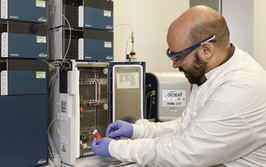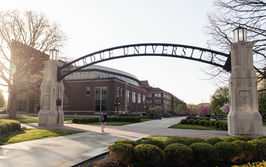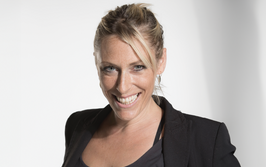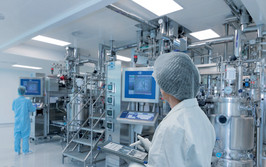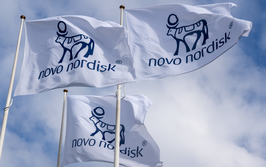Sitting Down With… The Past: Carl June
We dive into the archive of 2023 for insight and inspiration – this time with Carl June.
| 2 min read | Interview
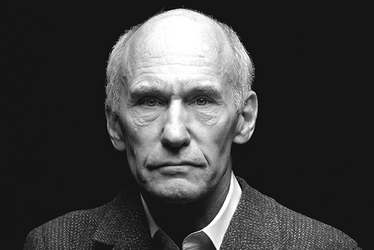
Credit: Interviewee supplied
In light of receiving the Advanced Therapies Lifetime Achievement Award, we were joined by Carl June – the father of CAR-T therapy – to learn more about the roots and successes of his research, as well as his thoughts on academia and industry, and the emotional impact of patient-doctor relations.
On the origins of CAR-T:
“The first successful cell therapies in humans were bone marrow transplants in the 1980s. In this type of transplant, a donor’s T cells are given to a patient with cancer, but the cells are not genetically modified. Around 1989, Zelig Eshhar at the Weizmann Institute of Science made something called ‘T bodies.’ He made the first T cell that worked with antibodies binding the target cells instead of a T cell receptor – and this is really at the heart of what a CAR is.”
“No one could have predicted what has happened in CAR T – for many reasons! For one thing, it actually worked a lot better in our initial trials in humans than it had worked in mice. That’s a very unusual situation; over the years, many mice have been cured of cancer but there are still only very few new therapies for humans.”
On academia and industry:
“Usually, new findings in academia at the bench get licensed and go into industry so there is a clear handover. Since there is a handoff, the academics don’t really benefit from the growth or participate in new directions of the research. In the case of the CAR T cells, we worked with those first patients, and that caught the attention of Novartis, who then licensed the CAR molecule; we had a very vibrant research partnership with them.”
On the emotional impact of his work:
“Personalized therapy is a unique experience because the therapy is made from the patient’s own cells. When a pharmaceutical company usually makes a batch of drugs, the people who make that product never actually see the patients. But with cell therapy, it is hard baked into what we do. We get the blood from the patient and then a few weeks later the patient gets their treatment. The people in our group get to know our patients and it is hugely rewarding.”
Read the full article, first published in April 2023.

